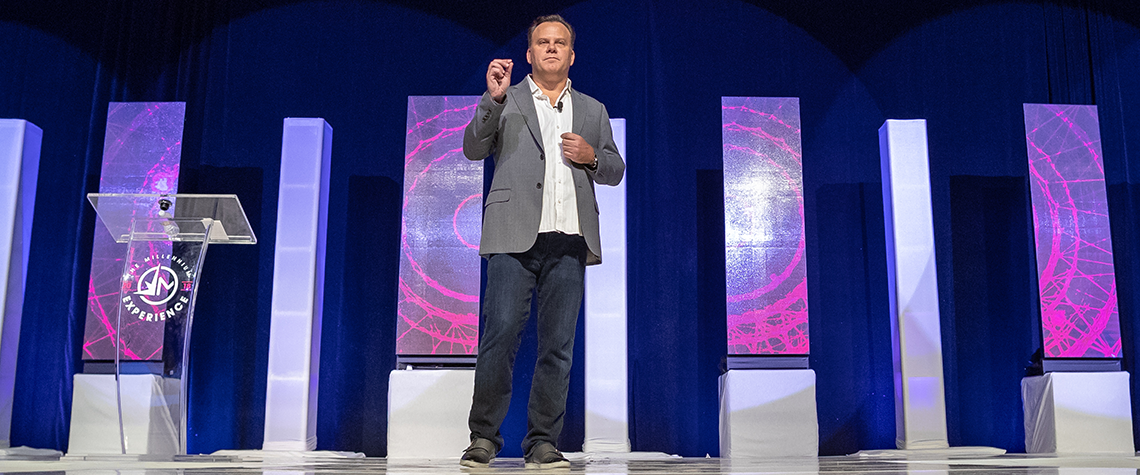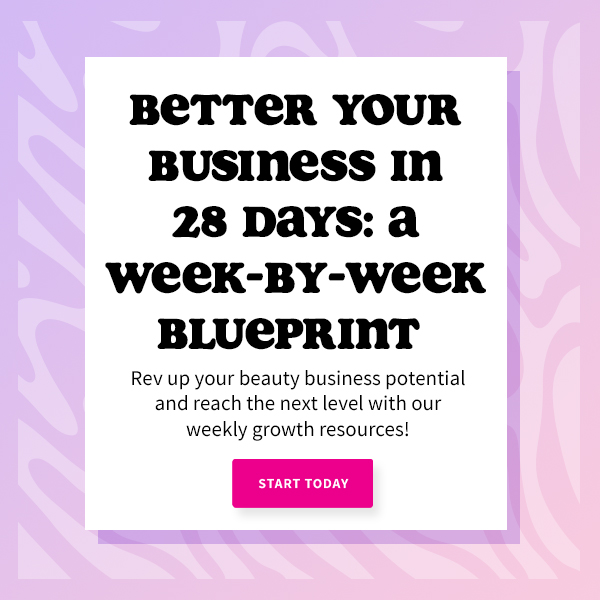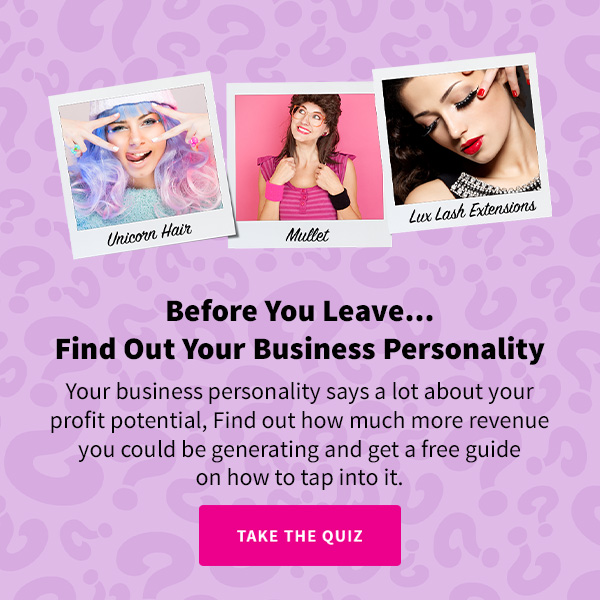My main stage talks are always created by relaying real life experiences and letting people learn from my mistakes. I presented these snippets of advice at our most recent Millennium Experience conference and thought it would be beneficial to any business-minded individual. Here are 15 things I’ve learned in my journey from building software in my basement, to becoming temporarily homeless and then moving forward into different levels of success.
Missed last week’s post? Catch up on part 1 here.
Lead by example.
As Millennium began to grow, we built the software to support multi-location franchises like Massage Envy. We committed to writing Massage Envy’s membership model within three months. IBM, who was contracted to pick who would build this new system, had their doubts because Harms Software was small and employed only 30 people back in 2006. I convinced them it was BECAUSE we were small that we could pull this off in 90 days. No big company could.
They gave us the green light and myself and four employees worked six days a week and 12 hours a day. Sometimes through the night. We delivered the membership model on time and under budget. I lead my team and was in the trenches with them. I will always cherish those times because we changed an industry and set the pace for our company to become the top provider of franchise software in the beauty industry. We embraced the challenge, communicated, and coded as fast as we could type, to pull off what we did. Lead by example and you will build trust.
Built trust.
How did I get four people to work 80-hour weeks? I didn’t even have to ask. They trusted me. They were excited about the opportunities for the company and for themselves. The biggest issue in the beauty industry, in my opinion, is lack of trust. The service providers don’t trust the front desk. The front desk doesn’t trust management. The break room is full of whispering and backstabbing. We need to fix trust in our businesses to build the culture and success we all want. Trust starts by first stating intent. We go wrong with telling our employees what without the why.
Our primal instincts are built for survival and part of that includes distrusting almost everything and creating an internal dialogue as to why these changes are coming (usually we assign negative reasons just by nature). As a leader, stating intent takes that internal dialogue away and build trust. Also, involving people in executing new ideas or systems early on helps them to support what they helped create. Build trust. Be authentic and honest and you will build the culture that makes employees want to work for you and clients want to rebook.
Always be humble.
Humility is a sexy trait. Ego is ugly. Nobody is better than anyone else. I truly feel like the same guy that started my business over 30 years ago in my basement. I see my employees in the elevator or in the hallways and sometimes notice that intimidating look on their faces. It boggles my mind. We are all the same. We all have families we want to provide for, kids and/or pets we want to get home to, and love we want to feel. As you obtain the success you strived for, always stay humble and kind.
Don’t let success breed complacency – stay hungry.
I have always stayed hungry. It’s called entrepreneurial paranoia! I can barely keep up with the needs and suggestions of our clients. There is no time to take a breath and say, “wow, we did it!” Especially in the world of technology, we must stay sharp, constantly change, and improve. Now building a feature takes five-times as long. You have to build it for Mac, PC, iPhone, Android, iPad, and other tablets.
I missed the iPad revolution because I didn’t think in 2010 that the beauty industry would care. Well, they did! So, we had to scramble and build a cloud product. I contracted the best consultants and worked with Microsoft directly on the architecture. Well, within two years that technology changed in the middle of designing Meevo 1, and by the time Meevo 1 was finished, Apple and Microsoft decided the system we built on would not work on an iPad or iPhone. An instant death to any mobile software system. So, we started over. Stay hungry. Don’t get complacent.
Admit mistakes.
The first thing I did to my employees and to the community is admitting we had gotten cloud wrong. That went a long way to build trust and remind our employees and clients that we remain humble and admit mistakes. So, when you don’t get it right – admit it. You will gain so much more respect and as long as you right your wrong, it will become a distant memory.
Want more? Stay tuned for part 3 next week and learn 5 more pieces of advice.
John Harms, Founder & CEO of Millennium Systems International, has been designing award-winning software and educating the beauty and wellness industries for over 30 years. John’s passion for helping spa & salon owners has helped him understand what they really need to streamline and grow their businesses. John’s commitment to educating owners on Millennium’s key growth indicators and why software is more than a front desk tool is unmatched throughout the industry.
In 2004, John was awarded one of the Top 40 Entrepreneurs under the age of 40 by NJ Business Magazine and Millennium was profiled on CNN and CNBC during the “Pulse on America” segment, which discussed innovations in technology. Today, Millennium is utilized in thousands of businesses in over 42 countries. Millennium’s corporate headquarters is based in New Jersey with 200 employees and its international office is based in the U.K.







